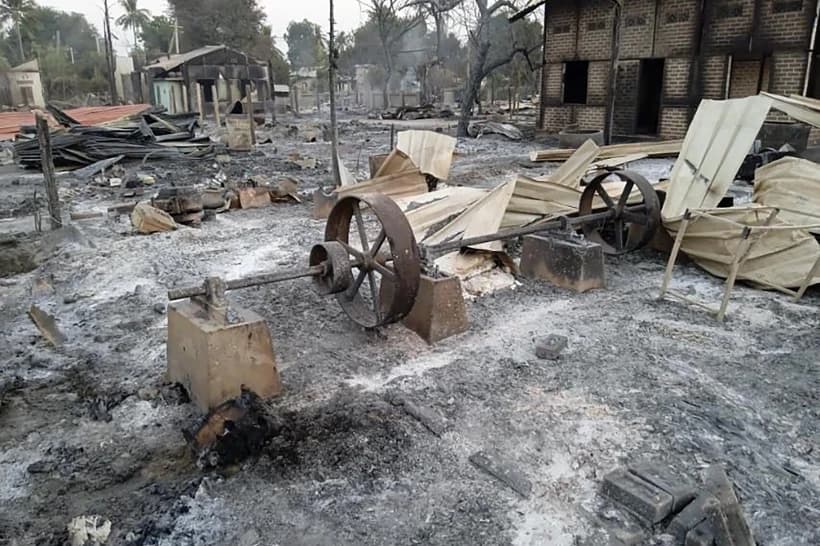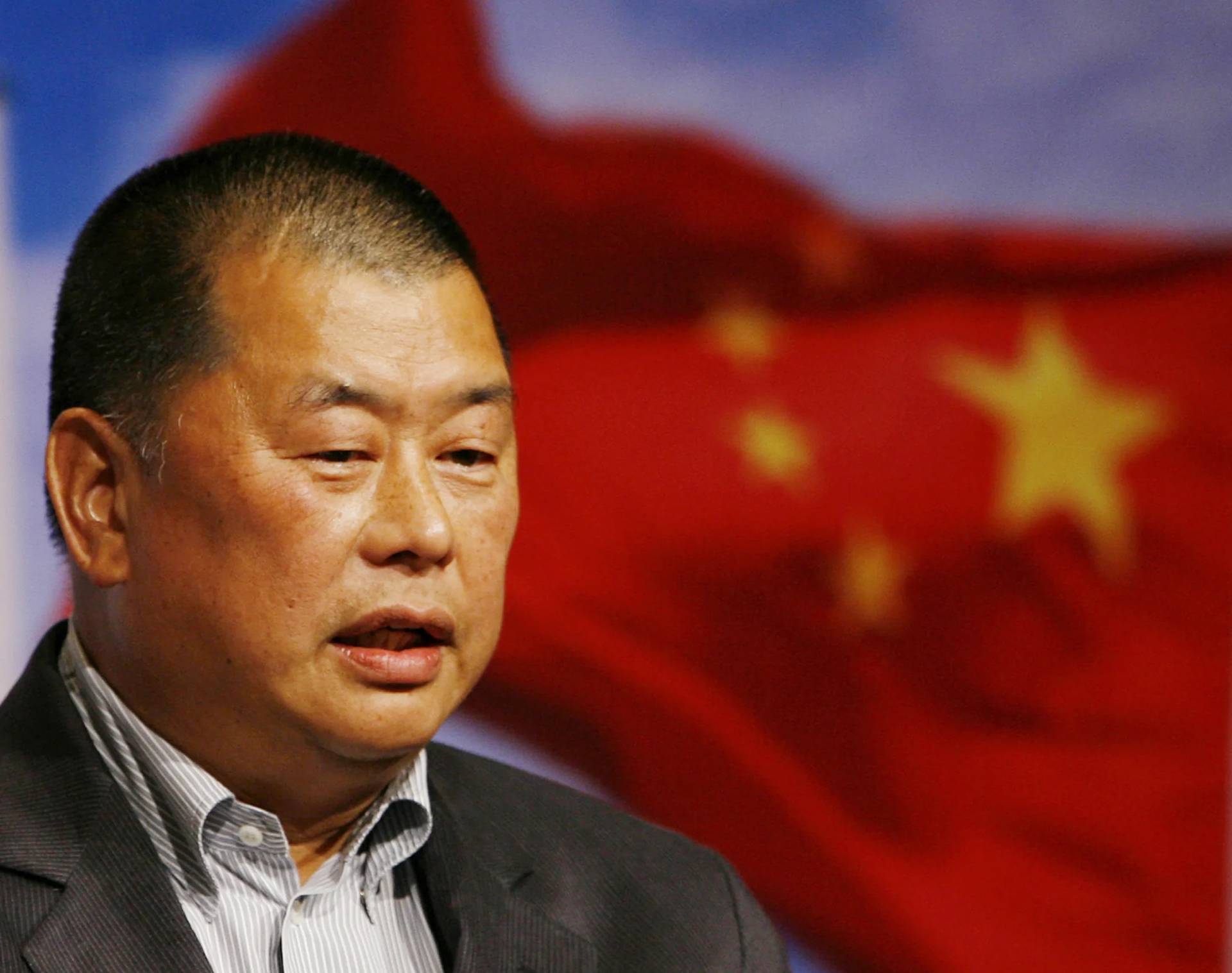MUMBAI, India – According to Japanese Cardinal-elect Tarcisio Isao Kikuchi of Tokyo, the political situation in Myanmar “is still not stable,” when marking Myanmar Day on Nov. 17.
Bishop Celso Ba Shwe of Loikaw was present at the event. He had to abandon his cathedral in Kayah State due to the fighting between the army and the local People’s Defense Forces.
The military in the Asian country overthrew the elected government of Aung San Suu Kyi in February 2021, and violence – including in the country’s many ethnic minority regions – has increased significantly.
According to the United Nations, at least 3 million people are displaced in Myanmar and over 18.6 million need humanitarian assistance.
The Catholic Church in Myanmar has been a longtime “Sister or Partner Church” for the Diocese of Tokyo in Japan, and the partnership dates to the time when the Diocese of Tokyo was supported by the German Diocese of Cologne established after World War II.
“The reality is that the Church, which calls for peace, is exposed to violence,” Kikuchi said.
“I think we could confidently say that Synodality, of which the Church now pursue, already existed between Cologne, Tokyo, and Myanmar when Cologne began to support Tokyo in 1954, and when both dioceses began to support Myanmar in 1979,” he continued.
“We have already been supporting each other for many years. We have already tried for many years to be Synodal Church, walking together, supporting each other. Today, as the importance of Church being Synodal is emphasized, we, as its pioneers, must take the initiative in deepening the Synodality of the Church and continue to be witnesses of Synodality,” Kikuchi said.
The Japanese archbishop will be appointed a cardinal on Dec. 8 and was attending the Synod on Synodality when his appointment was announced last month.
Kikuchi remembered the words of the former Archbishop of Tokyo, the late Archbishop Peter Okada, in 2004 marking the 50th anniversary of the partnership between the Diocese of Tokyo and the Diocese of Cologne.
“In 1979, on the occasion of the 25th anniversary of the friendship between the two dioceses, then Archbishop Seiichi Shirayanagi called upon the faithful of the diocese of Toyo to study the ‘Cologne Spirit’ and pray for the vocation of the Cologne diocese. Cardinal Heffner, then Archbishop of the Cologne, and Archbishop Shirayanagi together decided to further develop the ‘Cologne Spirit’ and agreed to work together to support the Church in Myanmar. Thus, the Archdiocese of Tokyo designated the third Sunday of every November as ‘Myanmar Day’ to call for prayers and donations for the Church in Myanmar,” Okada said 20 years ago.
Kikuchi said the Tokyo archdiocese has been following the “Cologne Spirit” in its support for Myanmar since 1979.
“I think we could confidently say that Synodality, of which the Church now pursue, already existed between Cologne, Tokyo, and Myanmar when Cologne began to support Tokyo in 1954, and when both dioceses began to support Myanmar in 1979. We have already been supporting each other for many years. We have already tried for many years to be Synodal Church, walking together, supporting each other. Today, as the importance of Church being Synodal is emphasized, we, as its pioneers, must take the initiative in deepening the Synodality of the Church and continue to be witnesses of Synodality,” the cardinal-elect said.
Last month, the U.N. special envoy for Myanmar warned that the nation is in crisis.
“Any pathway to reconciliation requires an end to violence, accountability and unfettered access for the U.N. and its partners to address vulnerabilities among the marginalized, including Rohingya, ethnic communities and particularly women and youth,” Julie Bishop told the U.N. General Assembly’s human rights committee at the end of October.
“There can be little progress on addressing the needs of the people while armed conflict continues across the country,” she said.
In his address, Kikuchi said the instability in Myanmar – along with the war in Ukraine, the conflict in Gaza, the violence against life, the political and economic turmoil, and the confusion in international relations – suggests that contemporary society “is indeed facing an end-of-the-time situation.”
“However, such a sense of crisis, as if the end of the time is coming soon, has often occurred throughout history. Time to time, when there was such crisis, people started to think that the end is near. In such situation, the Gospel teaches us the importance of reading the ‘signs of the times,’ rather than just worried about what is happening around us,” the Japanese cardinal-elect said.
“We must not only dream of peace but must do our utmost to achieve it,” he said.
“We cannot bring hope from somewhere else. Hope comes from the heart. We want the Church to be a community that generates hope. For this purpose, we want to be a Church that supports each other, listens to each other, and walks together,” he continued.
“The longstanding partnership between Cologne, Myanmar, and Tokyo has been an example of the Synodal Church, generating hope in the hearts of many. The Church, which exists as a prophet in today’s chaotic society, would like to continue to be a presence that identifies the “signs of the times” together and reveals the Gospel in concrete ways,” Kikuchi said.













